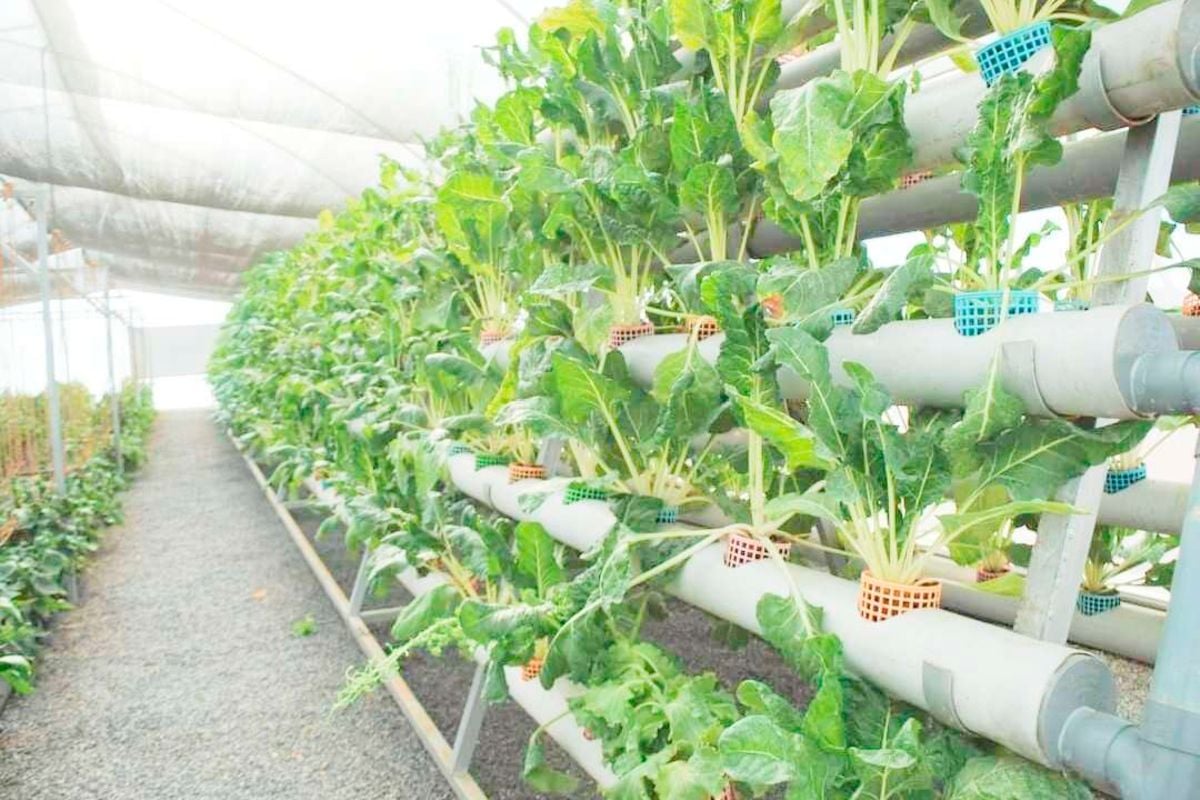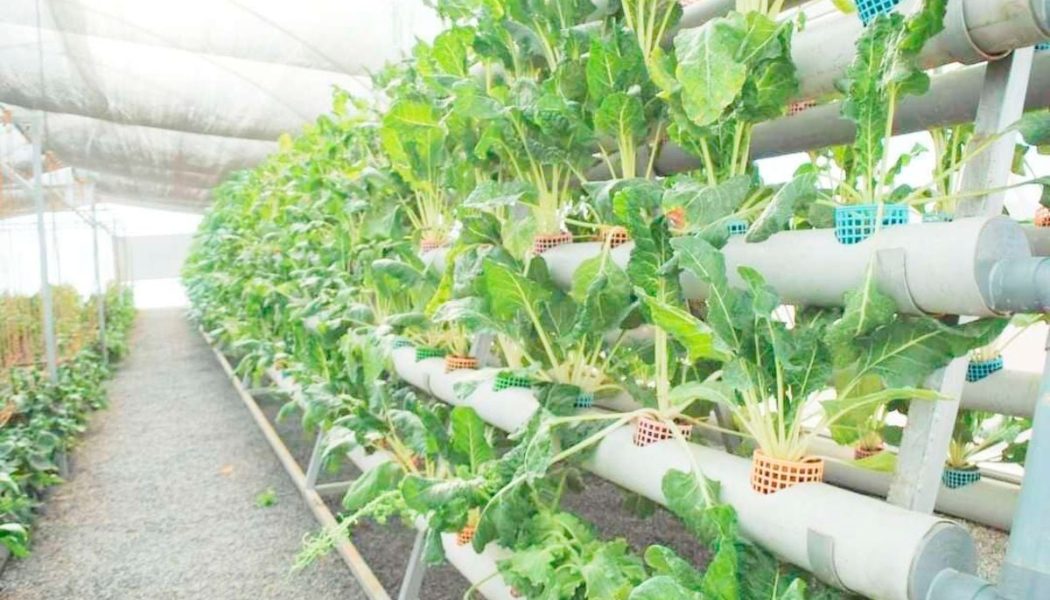
With Africa’s youth population set to nearly double by 2030, creating equitable, inclusive, dignified and fulfilling work opportunities for young people will be a critical challenge for the continent.
Agriculture remains central to creation of work opportunities for millions of young people in many sub-Saharan Africa.
Opportunities will be created directly by working within the sector and indirectly through the spin-off economic activities that can be generated in the value chain.
According to statistics from the World Bank, the agricultural sector is Africa’s largest employer and a key driver for economic growth.
The sector contributes up to 32 percent of Africa’s GDP and provides employment to 65 percent of the labour force in the continent.
In many countries in Africa, up to 85 percent of the workforce is employed in agricultue with an estimated 38 percent of Africa’s working youth presently employed in the sector.
Agricultural small and medium enterprises (agri-SMEs) are key to transforming a largely subsistence agriculture sector in sub-Saharan Africa into a commercially sustainable industry that can strengthen food security in the continent while generating millions of jobs along the value chain.
Despite their vast potential to increase economic growth in Africa, SMEs still face tremendous and restrictive barriers that are impeding their long-term survival and their capacity to upscale operations in order to create jobs.
Lack of financial support is one of the greatest challenges facing the Agri- SME sector. According to data from the International Finance Corporation, the financing gap between small and medium-sized enterprises and smallholder farmers is estimated at $117 billion.
To address some of these challenges, the Mastercard Foundation Fund for Resilience and Prosperity has launched an Agribusiness Challenge Fund, calling for proposals from SMEs in the agriculture sector that can create work opportunities at scale for young people.
The objective of the fund is to unlock enterprise growth and catalyse, scale-up and sustain the creation of dignified and fulfilling work opportunities for young women and men, young people with disabilities, and refugee youth, across 20 countries in sub-Saharan Africa.
Through several sector-specific rolling challenges starting with agriculture, the fund will target SMEs that have innovative and scalable business models with significant potential to create jobs, supporting them to create sustainable impact.
Selected SMEs will receive grants ranging from $500,000 to $2,500,000, disbursed over a three-year period, and based on the applicants’ development stage, scalability and business model.
The funding structure will be determined on a case-by-case basis after evaluating proposals and organisations.
SMEs working in Kenya, Benin, Burundi, Botswana, Cameroon, Côte d’Ivoire, the DRC, Ethiopia, Ghana, Malawi, Mozambique, Nigeria, Rwanda, Senegal, Sierra Leone, South Africa, South Sudan, Tanzania, Uganda and Zambia are encouraged to apply to the fund.
The author is the Mastercard Foundation Fund for Resilience and Prosperity Program Director at KPMG East Africa. Email: [email protected]









